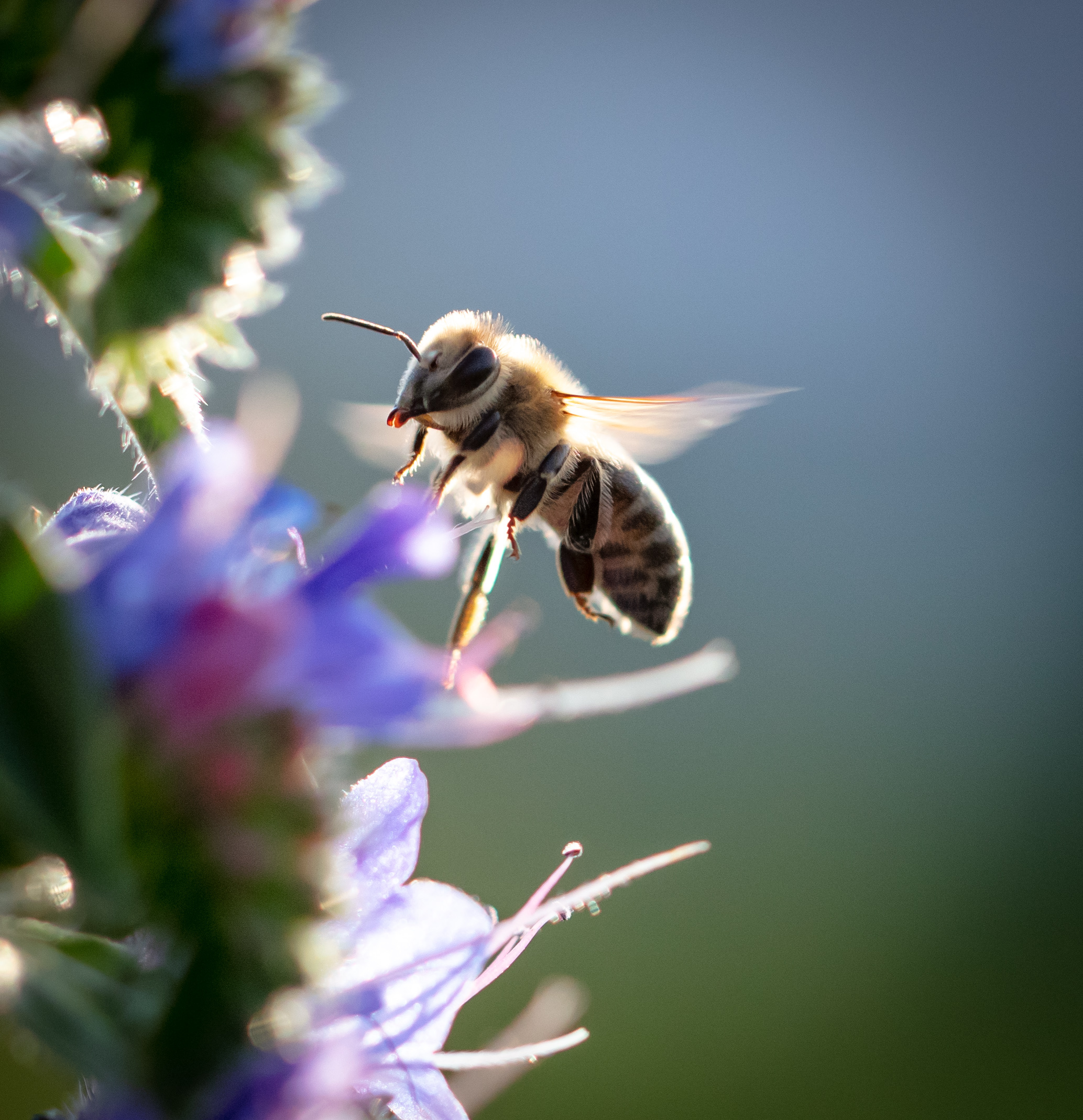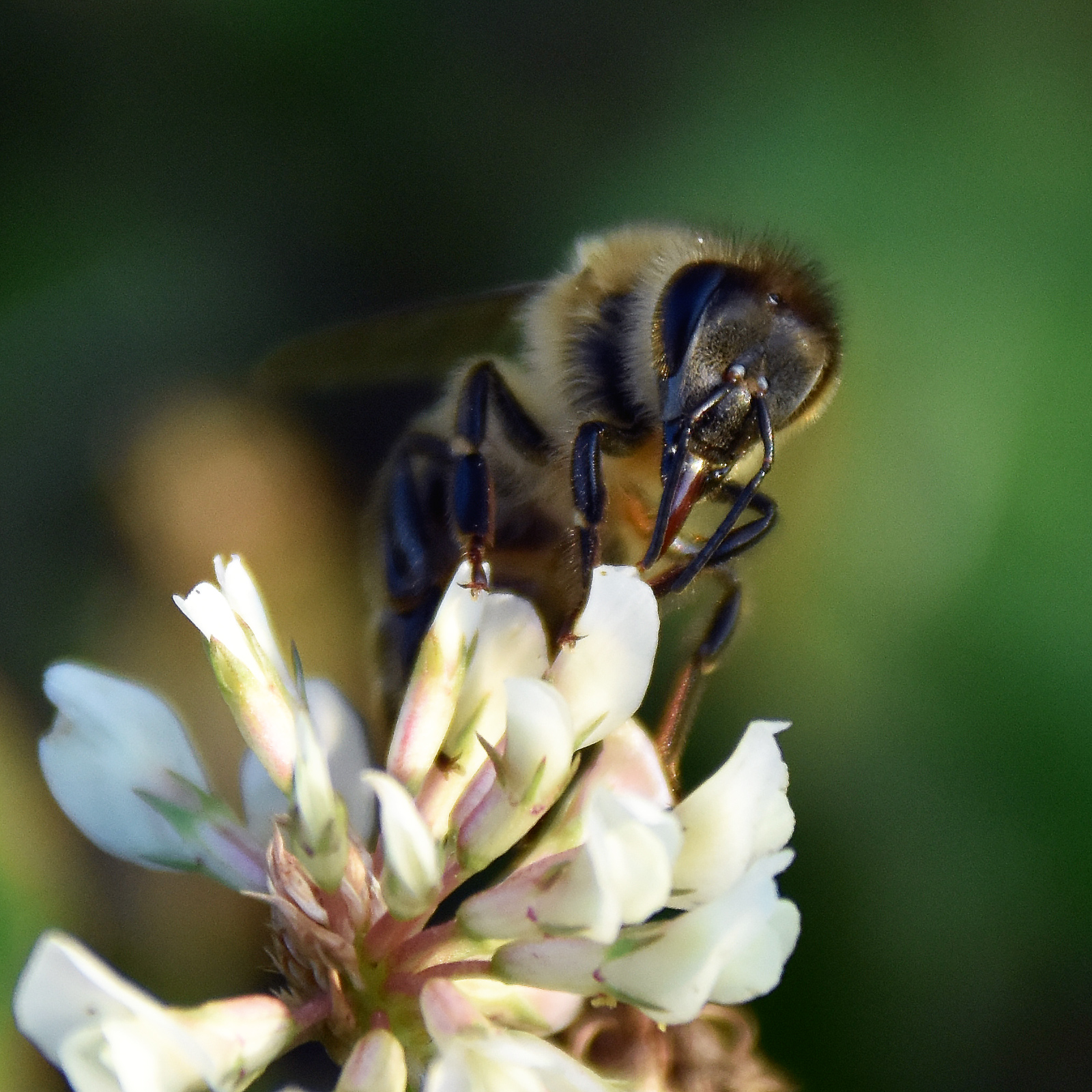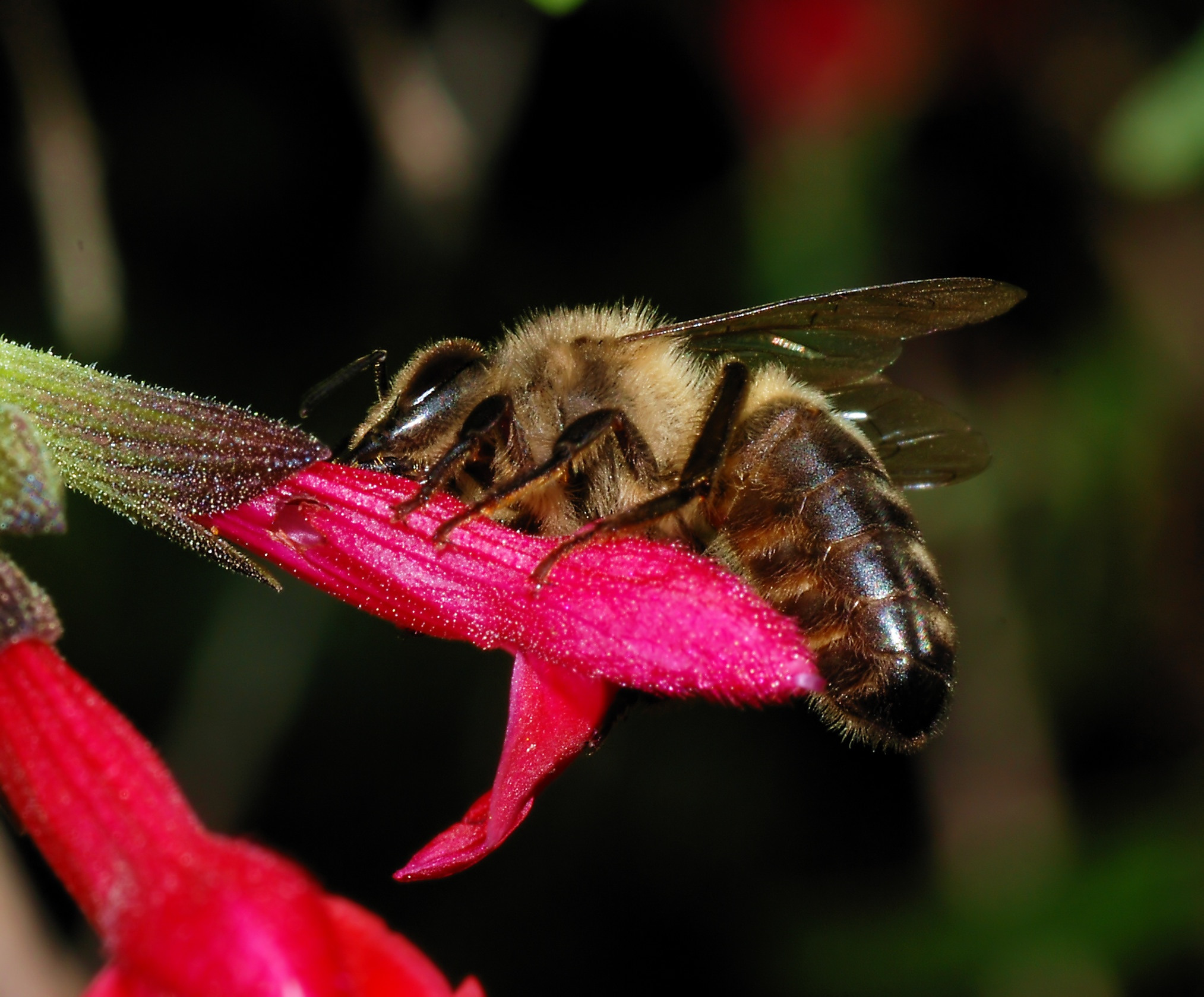Native Irish Honey Bees
Apis Melifera Melifera
Thinking of keeping honey bees?
Are you considering keeping honey bees?
Honeybees pollinate garden flowers and plants, giving them a boost in addition to providing fabulous local honey not to mention that bees are also incredibly self-sufficient! Read our guide and you’ll learn the fundamentals of beekeeping and if it’s suited for you.
The skills required to be a competent beekeeper may be learned by almost anybody. Preparation is the first step toward effective beekeeping. Before your bees arrive, you should learn everything you can about bee hive management. Here are a few things to think about when raising bees.
Your desire to keep honey bees may be due to a number of factores, including:
Honey is most likely the most apparent reason. Producing fresh local honey is why the majority of beekeepers keep bees. A single bee may generate 1/12 teaspoon of honey in her lifespan (about 6 weeks), which adds up rapidly in a colony of thousands of bees. Learn more about honey here.


Honey bees can help you increase the produce of your orchards and crops. Pollination of plants is improved when honey bees are involved! This means more food for us and the animals. Honey bees are the unsung heroes of contemporary agriculture’s pollination efforts. The importance of native bee species, on the other hand, cannot be overstated.
Bees are constantly on the go and are tireless workers, which is where the phrase “busy as a bee” comes from. They don’t need to be watched all the time. Honey and wax are produced by a colony of healthy, well-managed bees, which you can use or sell later. During the warm season, expect to spend an hour each week on colony management on average. In colder climates, you may need to assist the bees in effectively overwintering.
Honeybees and other pollinators improve the oil content of oil seed crops by pollinating them. Fruits that have been pollinated by honeybees and other pollinators are more nutrient-dense and fragrant. They increase the number of fruit sets and decrease the number of fruit drops. They also improve a plant’s resistance to pathogens and bad weather conditions.
There are some issues that you should be aware of when considering keeping honey bees.
Competition with other pollinators.
Historically, the super-pollinators of our native flowers and vegetation were wild, solitary bees, and while honey bees are managed for honey and pollination, there is a fear that if too many are kept in an area this would have a detrimental effect on our other solitary native bees and other pollinators. Consider a solitary bee house (and encourage native plants and wildflowers) if you’re obtaining bees to pollinate your food rather than generate honey.
Stings are possible.
You should definitely consult your doctor to see if you are one of the unfortunate persons who is allergic to honey bee stings. Stings are painful even if you are not allergic to them. Stinging episodes will be reduced if you learn how to handle your hives appropriately.
Initail cost to get started
The price of supplies. New beekeepers may be intimidated by the upfront cost of beekeeping. You’ll need a hive, adequate protective clothes, a smoker, and a hive tool, among other things. A single new hive may cost around €200, clothes and gear may cost around €100, and a nuc of young bees may cost between €250 to €300. You may purchase beginner kits that include bees, boxes, and other equipment for a better beekeeping experience.
Contact Us
Your first year might be difficult. You may not be able to get any honey for yourself in addition to learning the ins and outs of beekeeping during this first season, your bees have a lot of work to complete. They have to make wax, raise bees, and preserve honey for the winter. Patience with yourself and your bees is a must and will pay off in the long run.
Bee populations have been declining for several years, as you may be aware. Diseases, chemicals, and parasites are the most prevalent problems that bees face, but there are times when an ill colony has no explanation. Take the time to learn how to maintain your bees and inquire about any issues that other beekeepers in your region have encountered. You can find a list of Irish Beekeeping Associations here.
Talk to local beekeepers, beekeeping organizations, and beekeeping communities. Before rearing your own bees, it’s often a good idea to go out with an expert a few times. Those willing to investigate will find a plethora of organizations dedicated to beekeeping.

